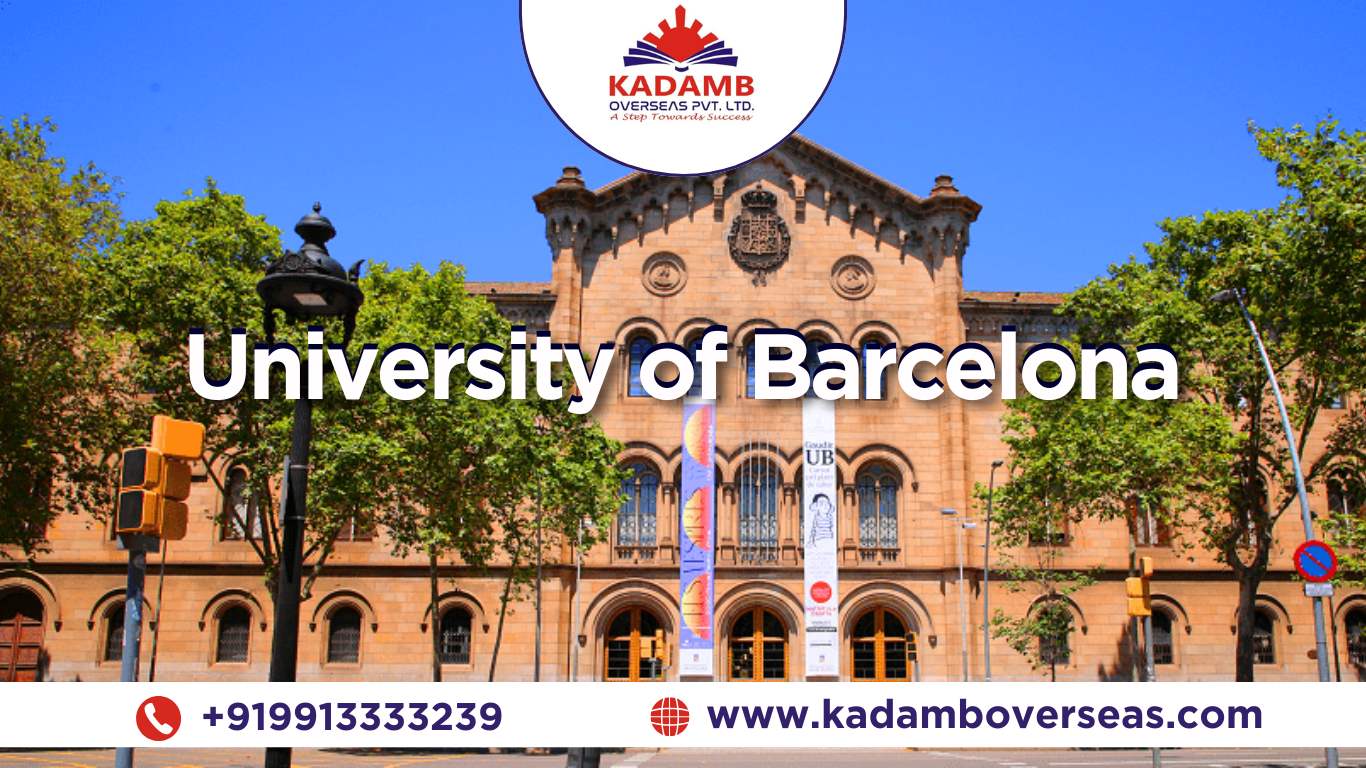Crafting high-scoring essays for IELTS Writing Task 2 requires a strategic approach that goes beyond simply stating arguments. One effective strategy is to carefully analyze the essay question and ensure that all aspects are addressed in the essay.
This means understanding the specific task, such as discussing both sides of an argument, giving your opinion, or proposing solutions to a problem. By clearly delineating the task requirements, you can structure your essay effectively and demonstrate your ability to critically engage with the topic.
Furthermore, integrating relevant examples and evidence into your essays can significantly boost your score. This not only demonstrates depth of understanding but also shows an ability to apply concepts to real-life situations. It’s crucial to select examples that are pertinent to the topic and support your arguments cohesively.
Additionally, showcasing a wide range of vocabulary and grammatical structures can elevate the quality of your writing and demonstrate linguistic proficiency. Adhering to these strategies will help enhance the coherence, cohesion, and overall impact of your essays for IELTS Writing Task 2.
Understanding the Task
Understanding the task is the first and most crucial step in tackling the IELTS Writing Task 2. It requires a deep comprehension of the prompt, including identifying key directives such as discuss, analyze, or argue.
Often, students overlook this step and jump straight into writing, leading to essays that miss the mark. By taking the time to thoroughly grasp what is being asked, candidates can ensure that their response fully addresses all aspects of the question.
Additionally, understanding the task involves recognizing the specific requirements for each type of essay question. Whether it’s an opinion-based essay, a problem-solution piece, or an argumentative composition, students must tailor their approach accordingly.
For instance, an argumentative essay demands a clear stance backed by evidence and reasoning, while a problem-solution prompt necessitates outlining issues and proposing viable solutions. Therefore, investing energy in deciphering these nuances can significantly enhance one’s ability to produce high-scoring essays in IELTS Writing Task 2.
Brainstorming and Planning
Brainstorming and planning are crucial elements in crafting high-scoring essays for the IELTS Writing Task 2. Before diving into writing, take the time to brainstorm ideas and plan your essay structure. This stage allows you to explore different angles and gather relevant information that will enrich your essay content. By engaging in a thorough brainstorming process, you can identify strong arguments, examples, and counterarguments to support your thesis statement.
Also Read : Learn IELTS Preparation Course
Once you have a pool of ideas from the brainstorming phase, it’s essential to carefully plan the structure of your essay. Consider organizing your arguments coherently with an introduction, body paragraphs, and conclusion.
Planning enables you to map out a clear roadmap for conveying your ideas effectively while maintaining a logical flow in your essay. Moreover, a well-structured outline provides guidance during the writing process, ensuring that each paragraph contributes meaningfully to your overall argument.
In conclusion, effective brainstorming and meticulous planning form the foundation for constructing high-scoring essays in IELTS Writing Task 2. Embrace these preliminary stages as opportunities to delve deep into thought-provoking ideas and formulate a structured approach for presenting them coherently in your essay.
By investing time in these preparatory phases, you set yourself up for success by producing well-crafted essays that showcase critical thinking skills and solid argumentation.
Structuring Your Essay
Structuring your essay is essential for effectively communicating your ideas and arguments. A well-organized essay not only helps the reader follow your train of thought but also showcases your ability to present a coherent and logical argument.
When structuring your essay, consider using the traditional introduction-body-conclusion format to provide a clear roadmap for your readers. Start with an engaging introduction that introduces the topic and clearly states your position or thesis statement.
Moving on to the body paragraphs, ensure each paragraph focuses on a distinct point or example, supporting it with relevant evidence or examples. Use cohesive devices such as transitions to link one idea to another seamlessly, creating a smooth flow of thoughts throughout the essay.
Additionally, remember that a strong conclusion is equally important as it summarizes key points and reinforces the overall argument you’ve presented. By paying attention to these structural elements, you can elevate the clarity and coherence of your writing which are crucial for scoring high in IELTS Writing Task 2.
Incorporating Relevant Examples
Incorporating relevant examples is a pivotal aspect of crafting high-scoring essays in the IELTS Writing Task 2. By including real-life instances, you add depth and credibility to your arguments, making them more convincing to the reader or examiner.
For example, if the essay prompt centers around environmental issues, citing specific instances where certain policies led to positive outcomes can bolster your position and showcase your understanding of the topic.
Moreover, employing diverse examples from different fields or cultures can underscore the universality of your stance. This not only demonstrates a broader perspective but also enhances the richness of your essay.
For instance, drawing examples from economics, politics, history, or even literature can illustrate how multifaceted and interconnected your understanding is, ultimately elevating the overall quality of your response in IELTS Writing Task 2.
Using Advanced Vocabulary and Grammar
When it comes to acing the IELTS Writing Task 2, integrating advanced vocabulary and grammar can significantly elevate the quality of your essays. By employing a wide range of sophisticated words and complex sentence structures, you not only showcase your language proficiency but also demonstrate a nuanced understanding of the topic at hand.
Utilizing diverse synonyms, idiomatic expressions, and literary devices adds depth and sophistication to your writing, captivating the examiner’s attention and making your essay stand out.
Moreover, incorporating intricate grammatical structures such as conditional clauses, subjunctive mood, and passive voice not only showcases your mastery of English but also allows you to convey complex ideas with precision.
Nevertheless, it’s imperative to strike a balance between sophistication and clarity; overly convoluted sentences or excessively esoteric vocabulary can detract from the coherence and cohesion of your essay. Therefore, while leveraging advanced linguistic tools is crucial for achieving high scores in IELTS Writing Task 2, ensuring that they enhance rather than overshadow your message is equally important.
Checking for Coherence and Cohesion
In addition to ensuring grammatical accuracy and varied vocabulary, achieving coherence and cohesion in your IELTS Writing Task 2 is crucial for a high score. Coherence refers to the logical arrangement of ideas, while cohesion involves using cohesive devices such as linking words or pronouns to connect different parts of the essay.
To check for coherence, read through your essay to ensure that your arguments flow logically and are connected in a meaningful way. This can be done by organizing your thoughts into clear paragraphs with each one focusing on a central idea and supporting it with appropriate details.
To assess the cohesion of your essay, pay attention to the use of transition words, pronouns, and other cohesive devices that link sentences and paragraphs together seamlessly. Furthermore, varying sentence structures can help maintain coherence by avoiding repetitive patterns that may hinder the flow of ideas.
It’s important to remember that examiners are looking for essays that are easy to follow and understand – by emphasizing coherence and cohesion, you can ensure that your writing is not only well-structured but also engaging for the reader.
Conclusion: Summarizing Key Points
In conclusion, mastering the art of writing high-scoring essays for the IELTS Writing Task 2 requires a strategic approach that involves understanding the question, developing a clear and coherent argument, and showcasing a wide range of vocabulary and grammatical structures.
The ability to balance both sides of an argument while expressing a well-reasoned opinion is essential for achieving top marks in this task. Furthermore, the significance of practicing time management cannot be overstated; allocating sufficient time for planning, writing, and revising is key to delivering a well-polished essay within the given timeframe.
Ultimately, success in IELTS Writing Task 2 hinges on an amalgamation of linguistic proficiency, critical thinking skills, and effective communication strategies. By consistently honing these skills through targeted practice and feedback, test-takers can significantly boost their confidence and performance in this challenging segment of the exam. In essence, approaching each essay as an opportunity to articulate nuanced arguments with precision and clarity can pave the way for achieving exemplary results in the Best IELTS Coaching & examination.
Connect with our country experts at Kadamab overseas education consultants to kickstart your journey toward studying abroad contact us now





